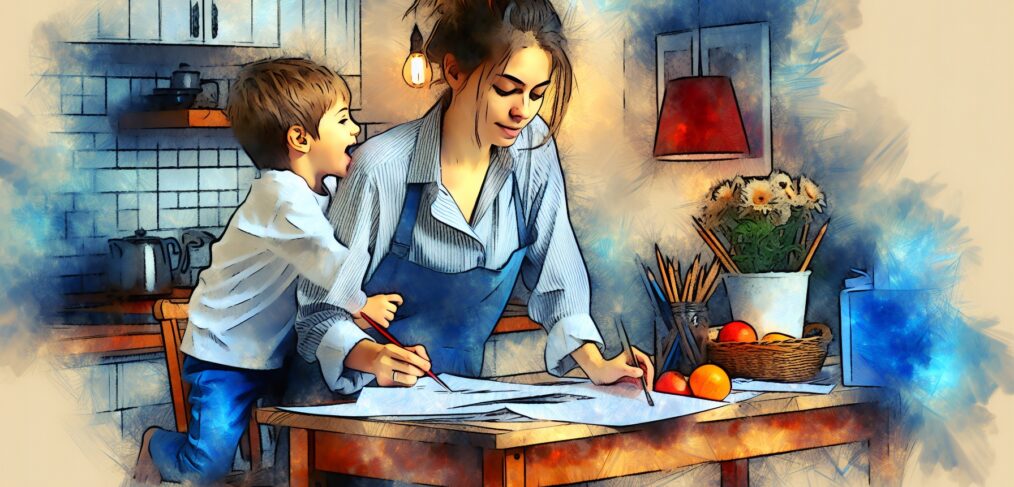It might start with a series of little things, or it might start with a big thing. There are many paths toward irritability, but you only take one. Once you’re down that path, you’re committed. The mood runs its course, and you have to ride it out. But the choice is yours whether to ride it out with eyes wide open or in a state of rage-fueled, self-righteous denial. Either way, irritability can ruin your day, making everything seem heavy and onerous. But even in this state, you have an opportunity to get to know yourself better.
When something ends—a relationship, a passion, a job—we often characterize the experience as a failure. It may have had periods where it was magical and unique, but we emphasize that it is over and how painful that is. Instead of focusing on the wonderful experiences and special memories, we only think about the end and the pain and regret that come with it. It’s important to remember that everything will eventually end, and with the proper perspective, you can make the ending as meaningful as the experience itself.
Your time and energy are precious. How you spend them is key to how you live and feel, and what you achieve. There will always be times when you are angry or hurt and feel the need to expend energy to try to “fix” those situations. But you may be feeding a part of your life that you’d rather offload. You’re acknowledging a person, problem, or challenge in a way that may give it legitimacy rather than denying it as part of your life. Conditions feed on energy, including negative energy. When you expend energy, you feed the beast instead of starving it until it goes away.
How can you carry on through crushing disappointment and heartache—disappointment that goes through your heart and soul? It’s hard to forge ahead, but even when you see no light at the end of the tunnel, forging ahead is the right thing to do. It is the best way to take back who you are and what you believe in and stand for. Events can give you a fresh perspective and teach you some things about your approach, but they shouldn’t change your values or vision. Working through a loss is the best way to learn about yourself—why you hold to certain values and how your vision came about. It’s when you learn about your gumption and how to tap into it.
No one in your life has to be there. This concept can be challenging for some to comprehend, and cutting some people, such as family, out of your life can seem impossible and extreme. But everyone has had experiences with toxic people—people who are poison to them. These people are not just frustrating or irritating. They are toxic—they poison your mental, emotional, and physical well-being. You may feel that you have a responsibility toward them. In some cases, that’s true—but it’s essential to examine the context for those responsibilities and explore ways to remove them, partially or entirely, from your life. You may still care about them and want them to be happy, but they can no longer be in your life.





